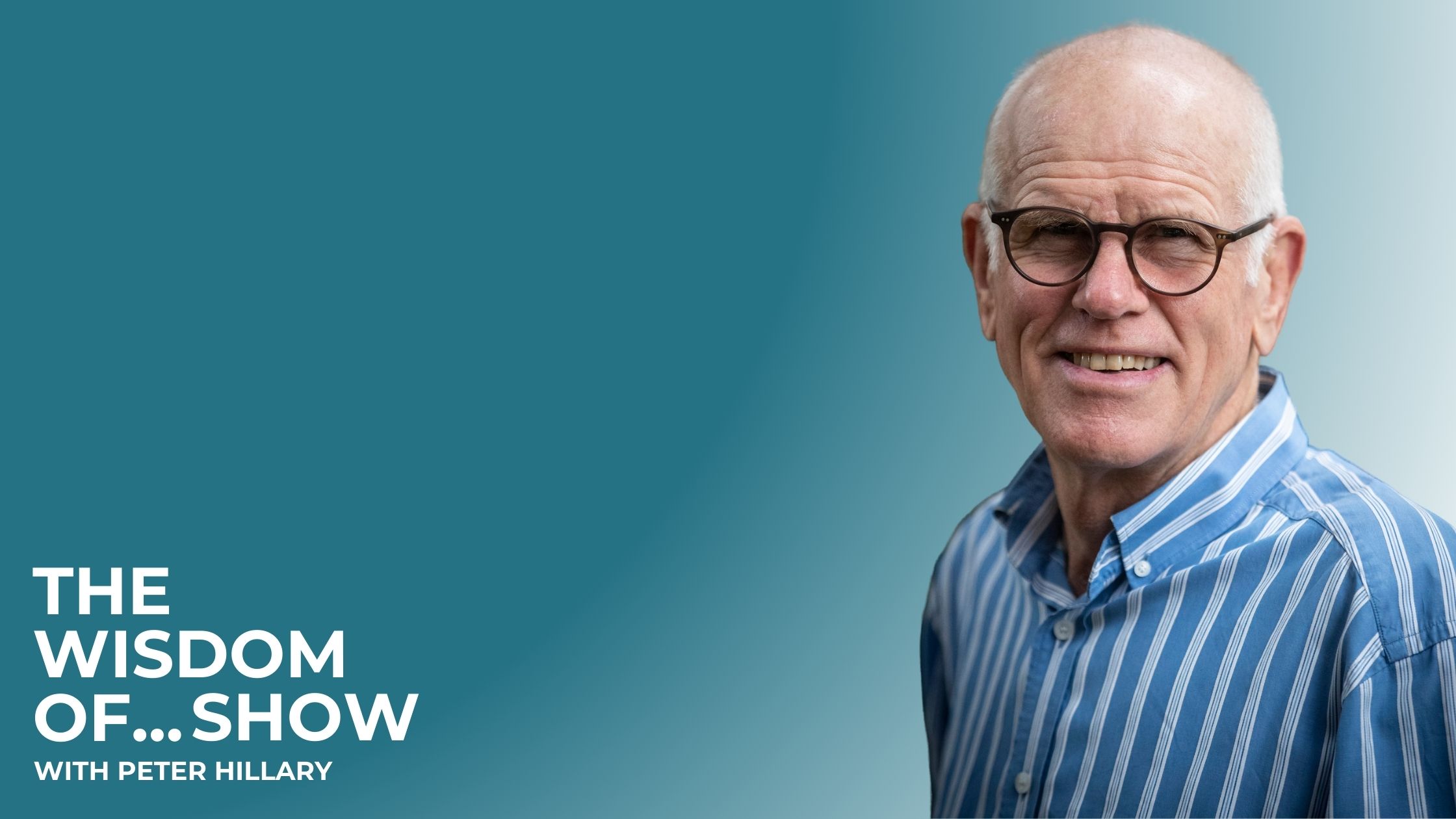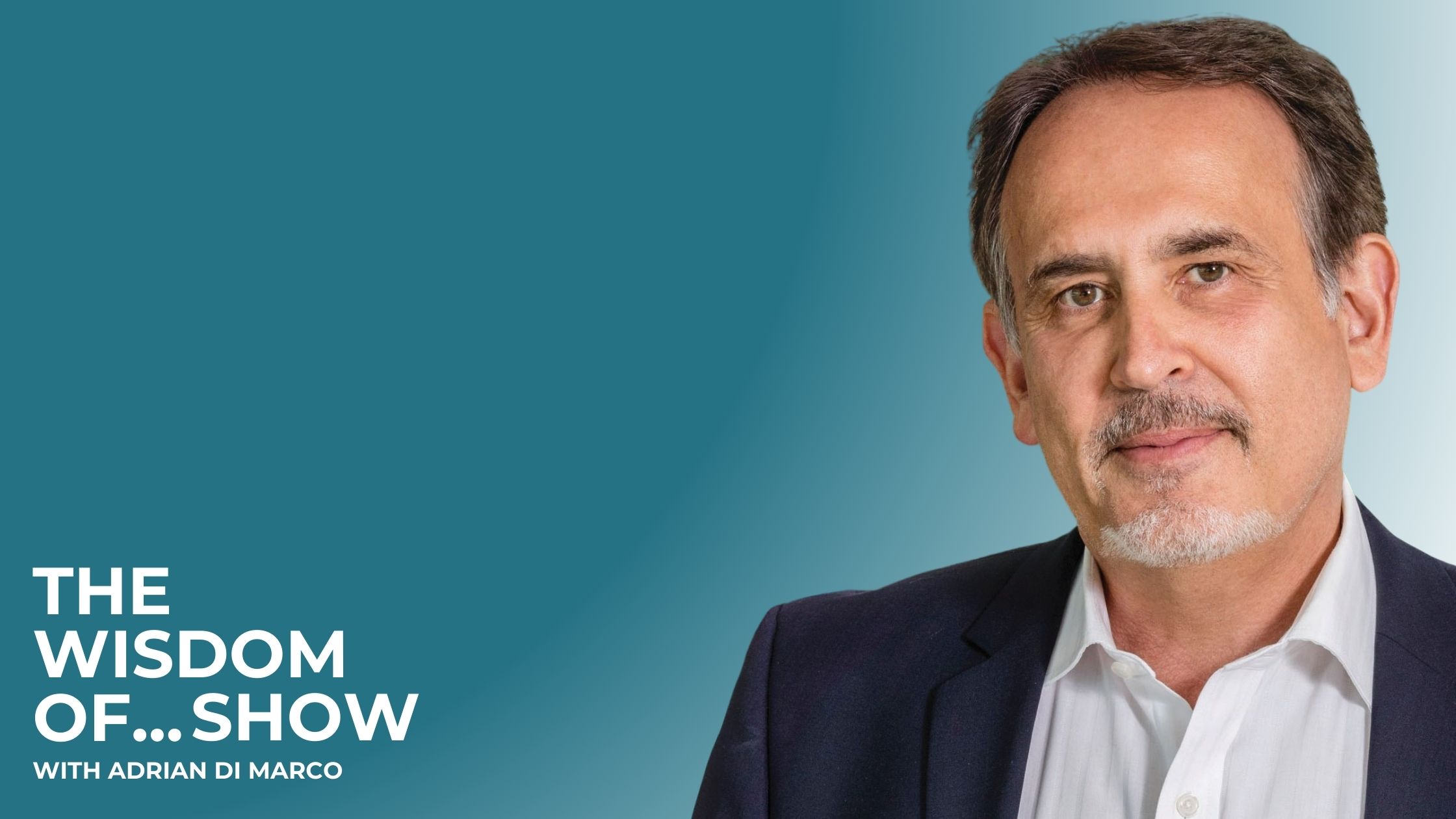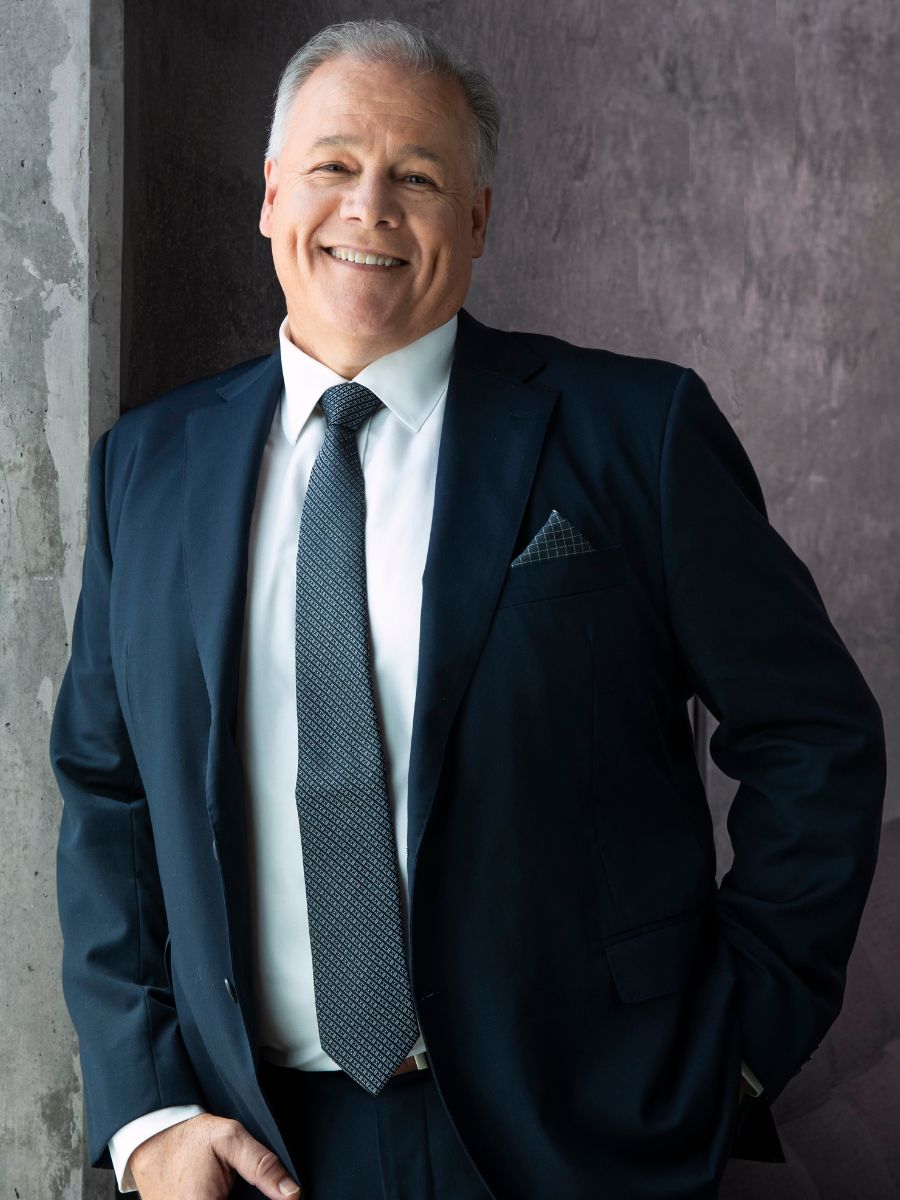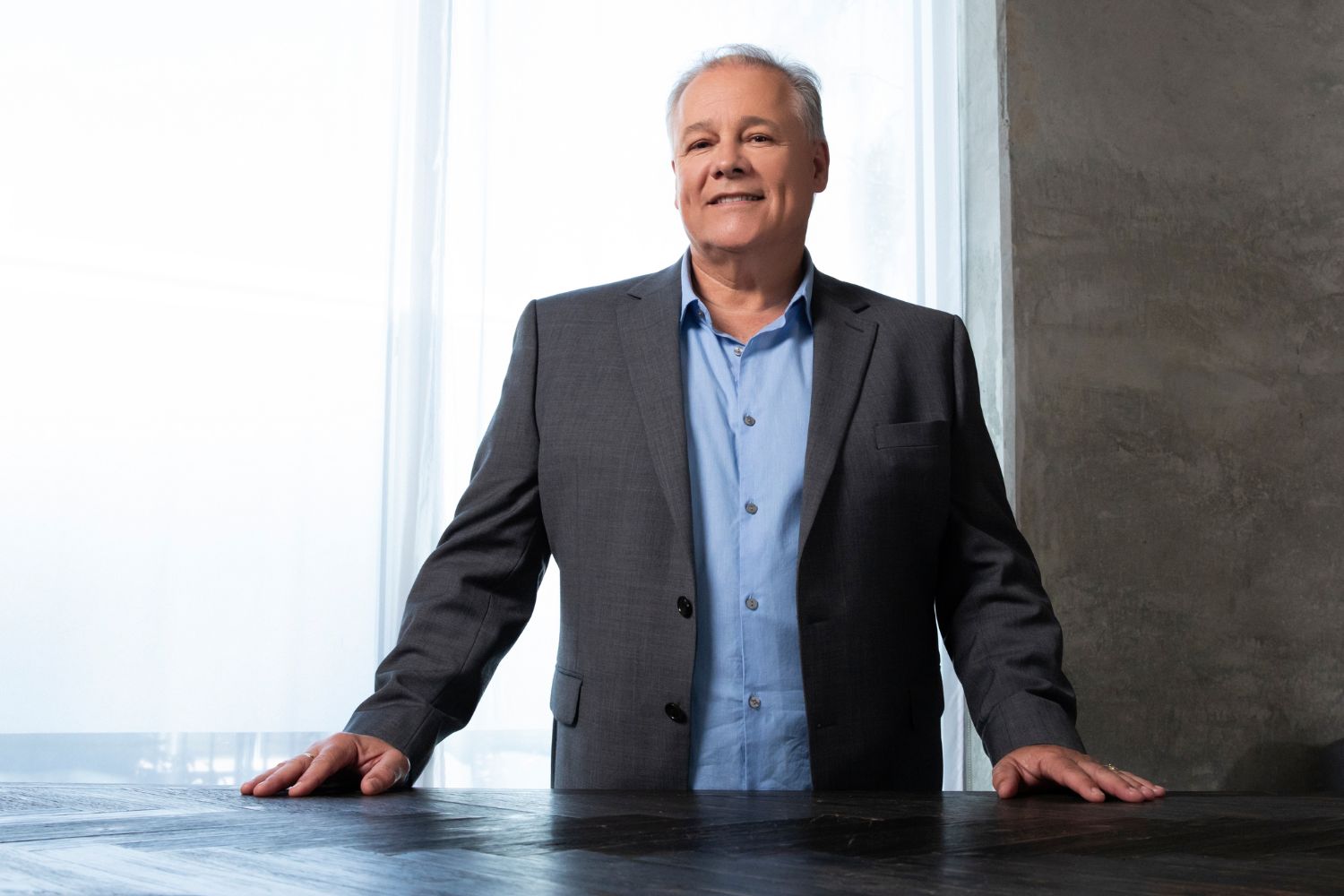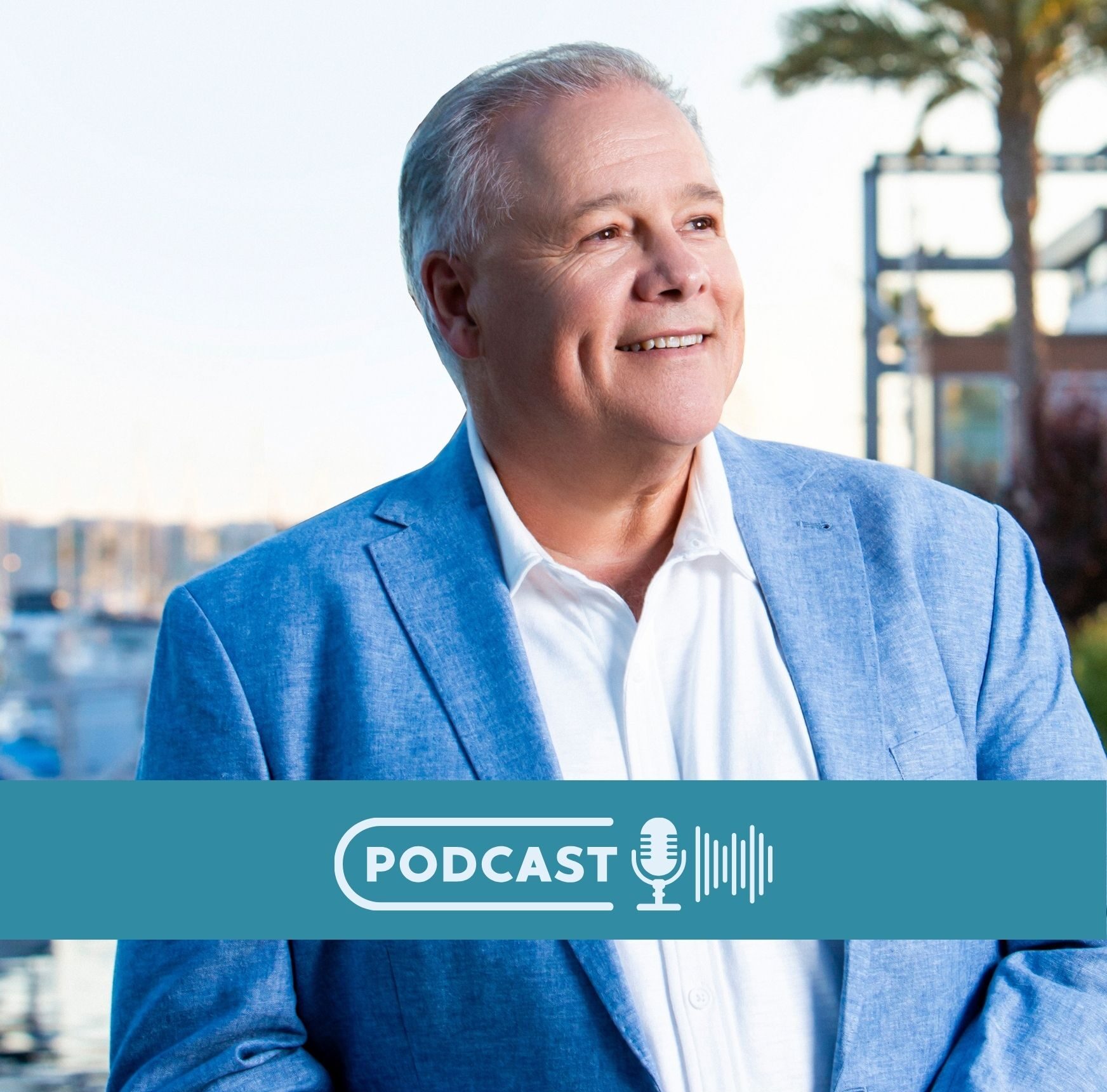In the hustle and bustle of our modern world, there’s a magnetic pull toward rapid solutions and quick fixes. However, amidst this haste, the true mark of wisdom often lies in pausing, in slowing down to ask the pivotal question: “Why did that happen?”
Wisdom isn’t merely about having answers; it’s about embarking on a journey of inquiry. It’s about diving into the realms of “what” and “why” before jumping headfirst into the “how.” In the corporate landscape, this rings especially true in the context of knowledge transfer.
The endeavor to capture and transfer knowledge within organizations often revolves around cataloging solutions, bottling up answers, and documenting outcomes. Yet, amid this, there’s a crucial missing piece—the genesis of the idea, the intuition that sparked the solution, the initial conversation that unearthed the deeper insight. It’s the founder’s intuition, often left untransferred, that forms the bedrock of innovative thinking.
Wisdom isn't about dismissing the unconventional; it's about exploring the unknown, recognizing patterns where others see none, and envisioning innovations that redefine paradigms.

Consider the insightful anecdote of two titans, Steve Jobs, and Bill Gates, in their younger years. They deliberated the future of computer interaction. While Gates envisioned fixed-point technology utilizing keyboard arrows for cursor navigation, Jobs envisioned a future where human gestures would drive interaction. Gates brushed it off, deeming it ridiculous. Jobs saw beyond the conventional grid patterns and foretold a world where humans wouldn’t succumb to digital constraints. They would demand freedom in interaction, leading to innovations like the mouse, iPads, and touchscreens—an illustration of true wisdom in foresight.
Jobs’ wisdom lay in recognizing the fundamental difference between analog human behaviour and digital computing, foreseeing a future where technology would adapt to human instincts rather than confining them. It was an intuitive understanding of human behaviour that even a visionary like Gates initially failed to grasp.
Wisdom isn’t just about the ability to provide answers; it’s the knack for asking the right questions and envisioning uncharted territory. It’s about looking beyond the status quo and identifying patterns that transcend conventional boundaries. In this tale, Jobs’ wisdom shines as a beacon, not just in predicting technological shifts but in comprehending the essence of human-machine interaction.

The lesson here is profound. Wisdom isn’t about dismissing the unconventional; it’s about exploring the unknown, recognizing patterns where others see none, and envisioning innovations that redefine paradigms.
And the lesson for us is to pause. Breathe. Take our time. Listen to our intuition. And in doing so, we will inevitably find the truth.
Join my weekly newsletter for more updates and inspiration. If you’re ready to speak about bringing more genius to your leadership, start by applying to work with me so we can get to know one another better.

